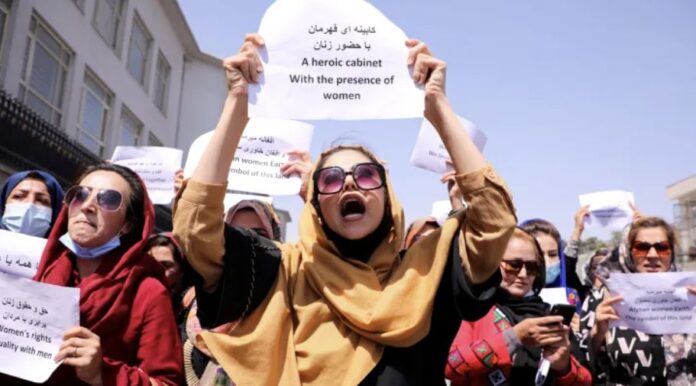Image Source aljazeera
New Delhi:
Amid growing criticism over the exclusion of women journalists from a press meet addressed by Afghanistan’s Foreign Minister Amir Khan Muttaqi, India on Saturday firmly stated it had “no involvement whatsoever” in the event.
The Ministry of External Affairs (MEA) clarified that the Afghan Consul General in Mumbai had independently sent invitations to a select group of journalists in Delhi for the press interaction. Stressing that the *Afghan Embassy premises are beyond India’s administrative control, the MEA underlined that the event was entirely an *internal affair of the Afghan mission.
According to reports, the press meet was restricted to a select group of Indian journalists — all men — sparking outrage over gender discrimination and raising questions about the nature of the event and its coordination.
Responding to the controversy, the Centre clarified that it had “no role” in the Taliban’s media interaction. Government sources emphasized that the event was not organized or facilitated by any Indian ministry or agency. “The Government of India had no involvement whatsoever in this press conference. The embassy operates under the control of the Afghan authorities,” an official source stated.
The Taliban delegation, which reportedly discussed issues related to regional trade and diplomatic engagement, has not issued a formal explanation regarding the absence of women journalists. However, several press organizations have condemned the exclusion, calling it a reflection of the Taliban’s continued oppressive stance toward women.
The Press Club of India (PCI) and the Indian Women Press Corps (IWPC) released statements expressing concern over the incident, urging the Indian government to uphold press freedom and gender equality in all diplomatic interactions.
This episode has reignited debate about India’s diplomatic engagement with the Taliban and the boundaries of protocol when hosting representatives of regimes accused of human rights violations. Critics argue that such events should not compromise India’s commitment to democratic values and gender inclusivity.
As the backlash continues, observers say the controversy underscores the complexity of India’s balancing act — engaging with the de facto rulers in Kabul for regional stability while maintaining its principled stance on women’s rights and press freedom.
[Newsroom staff written original, where key claims or facts are used, I’ve referenced the original sources (like The Times of India, NDTV, The Hindu, Hindustan Times, Reuters, etc.) transparently.]




